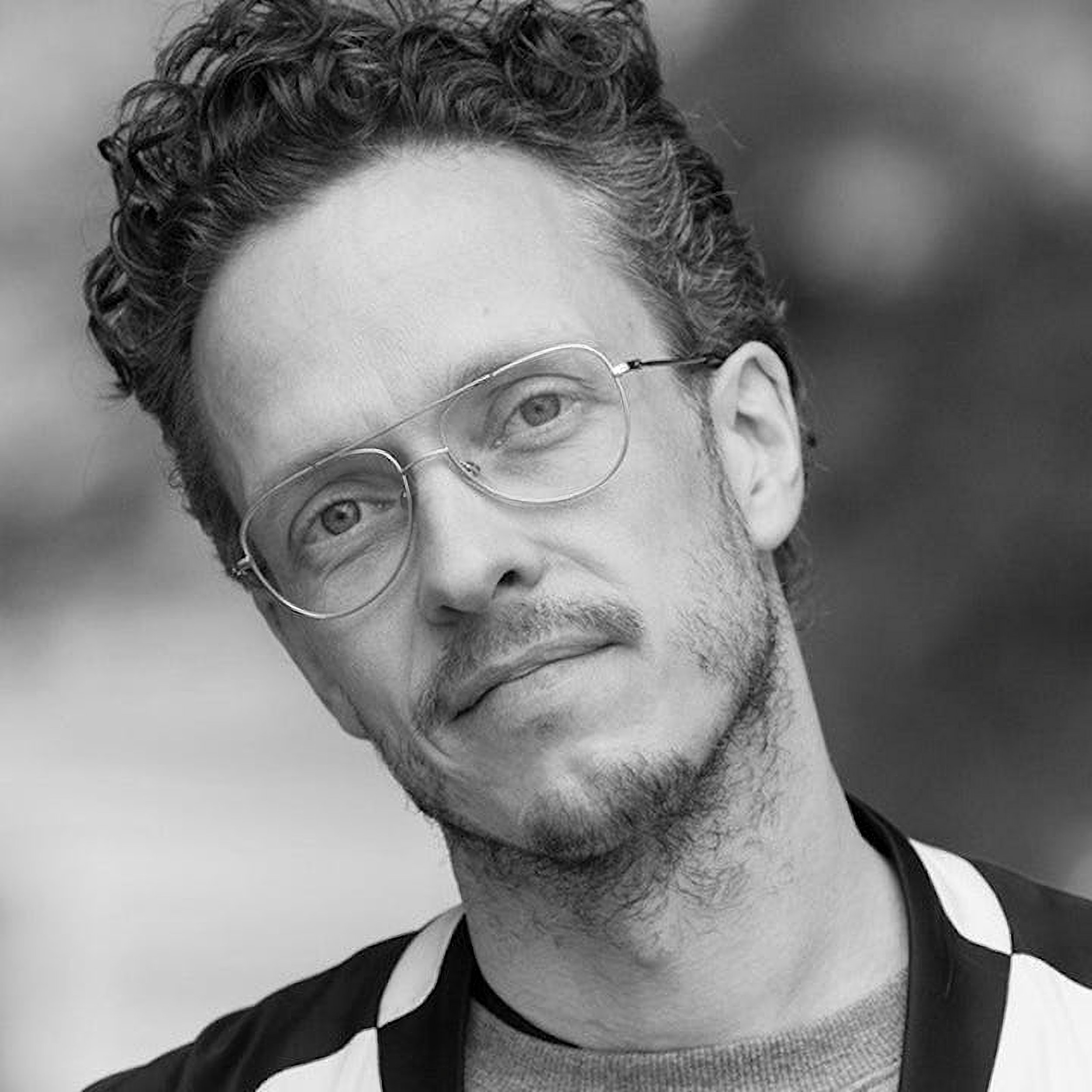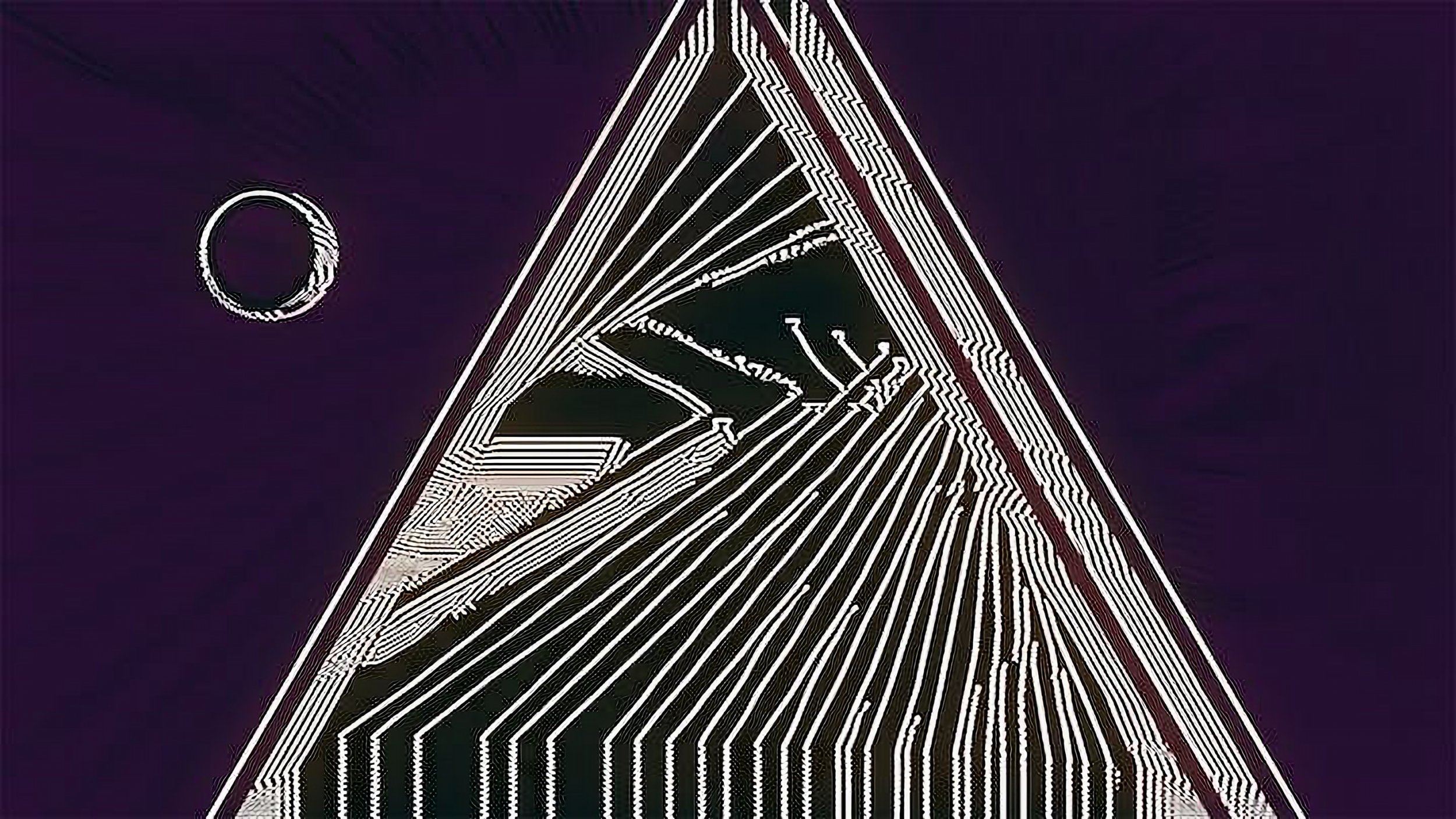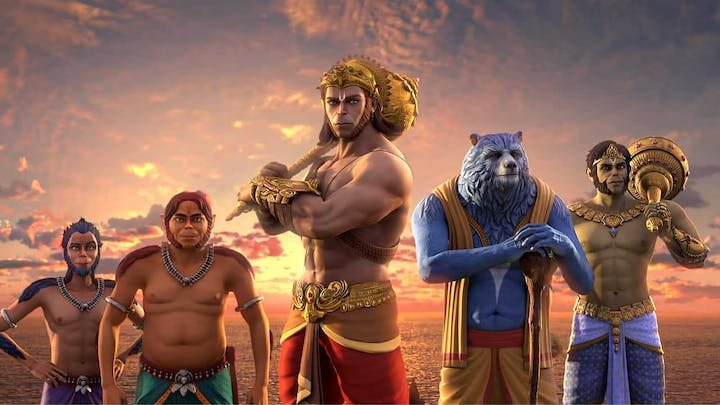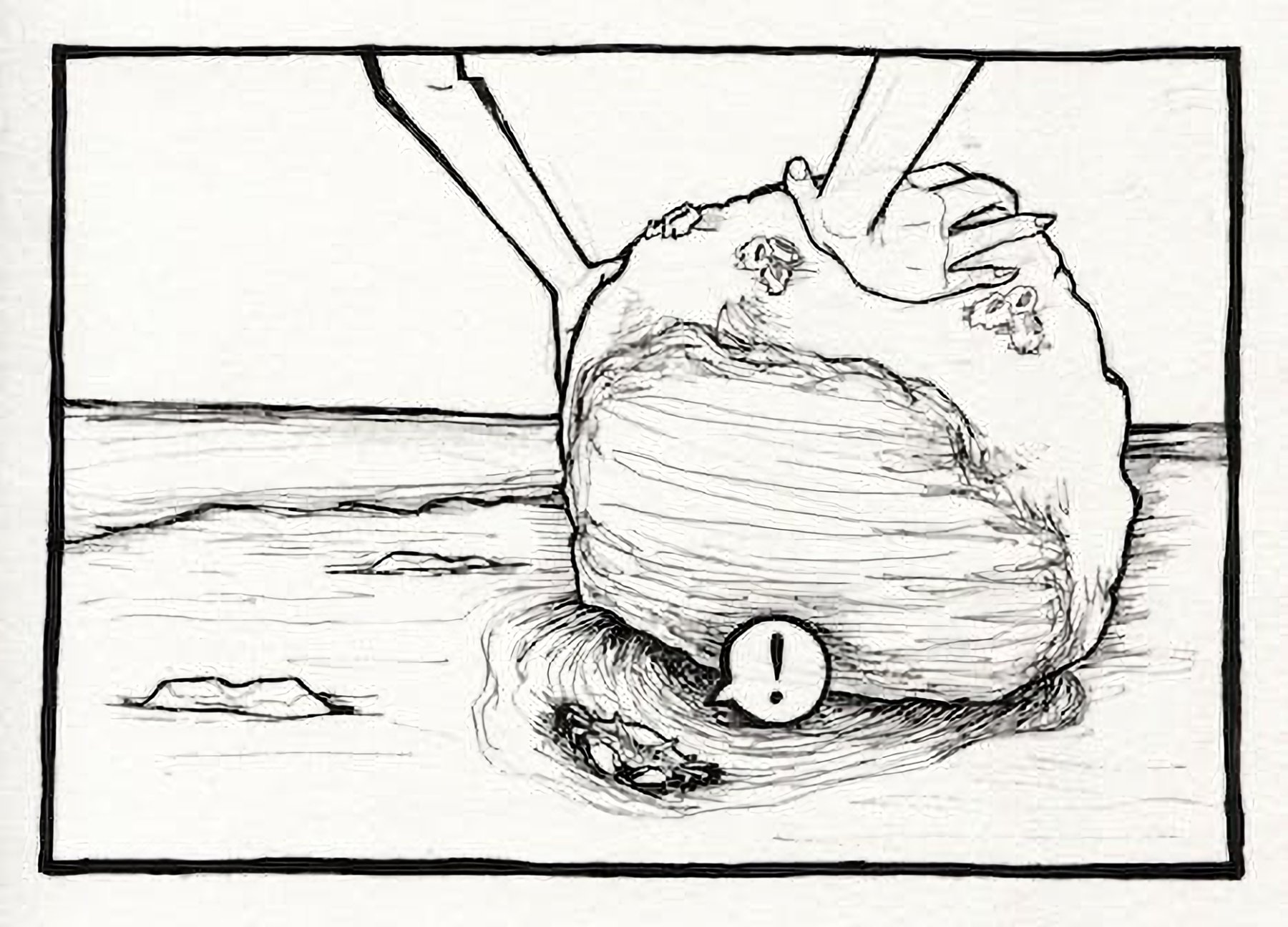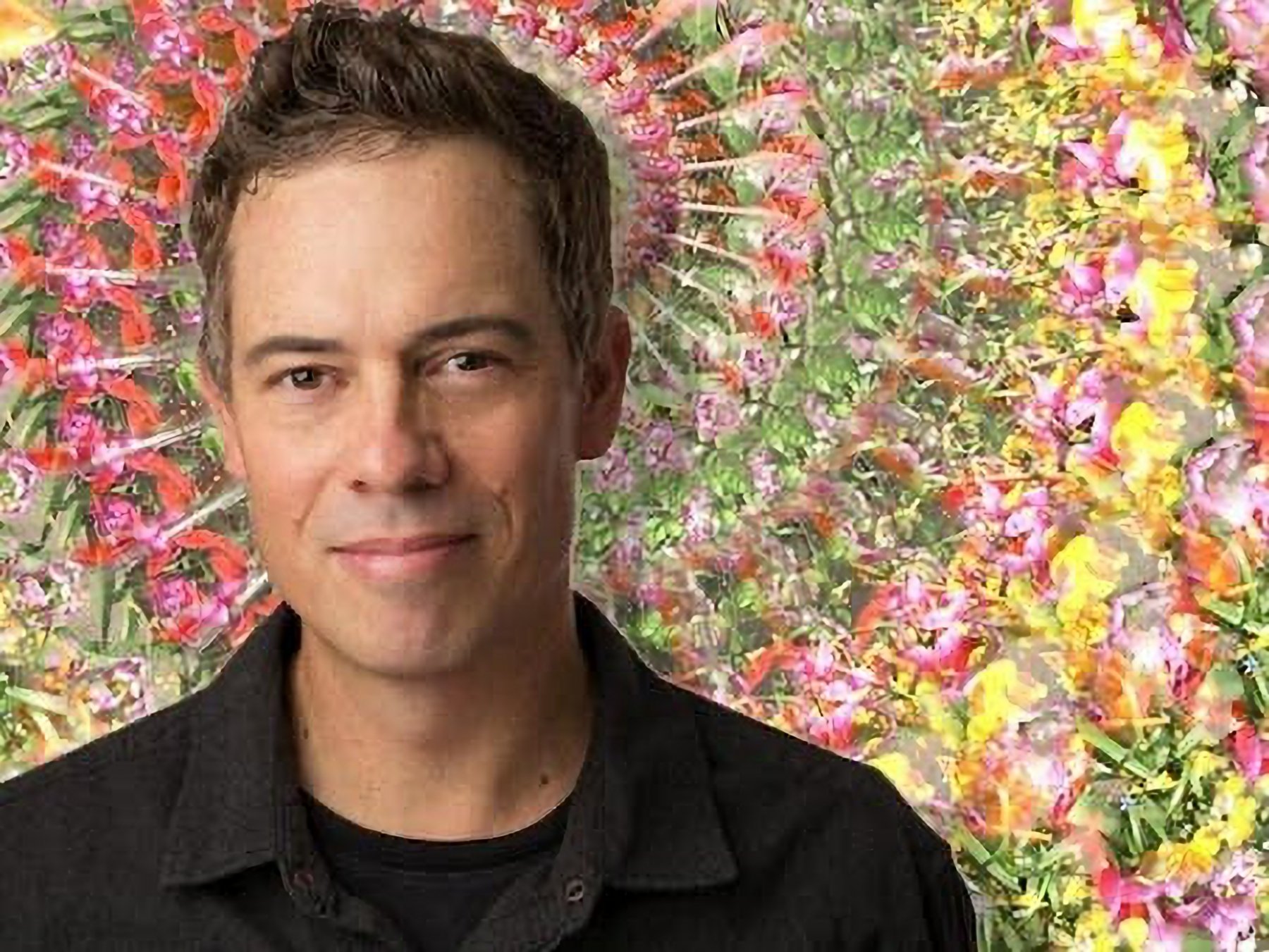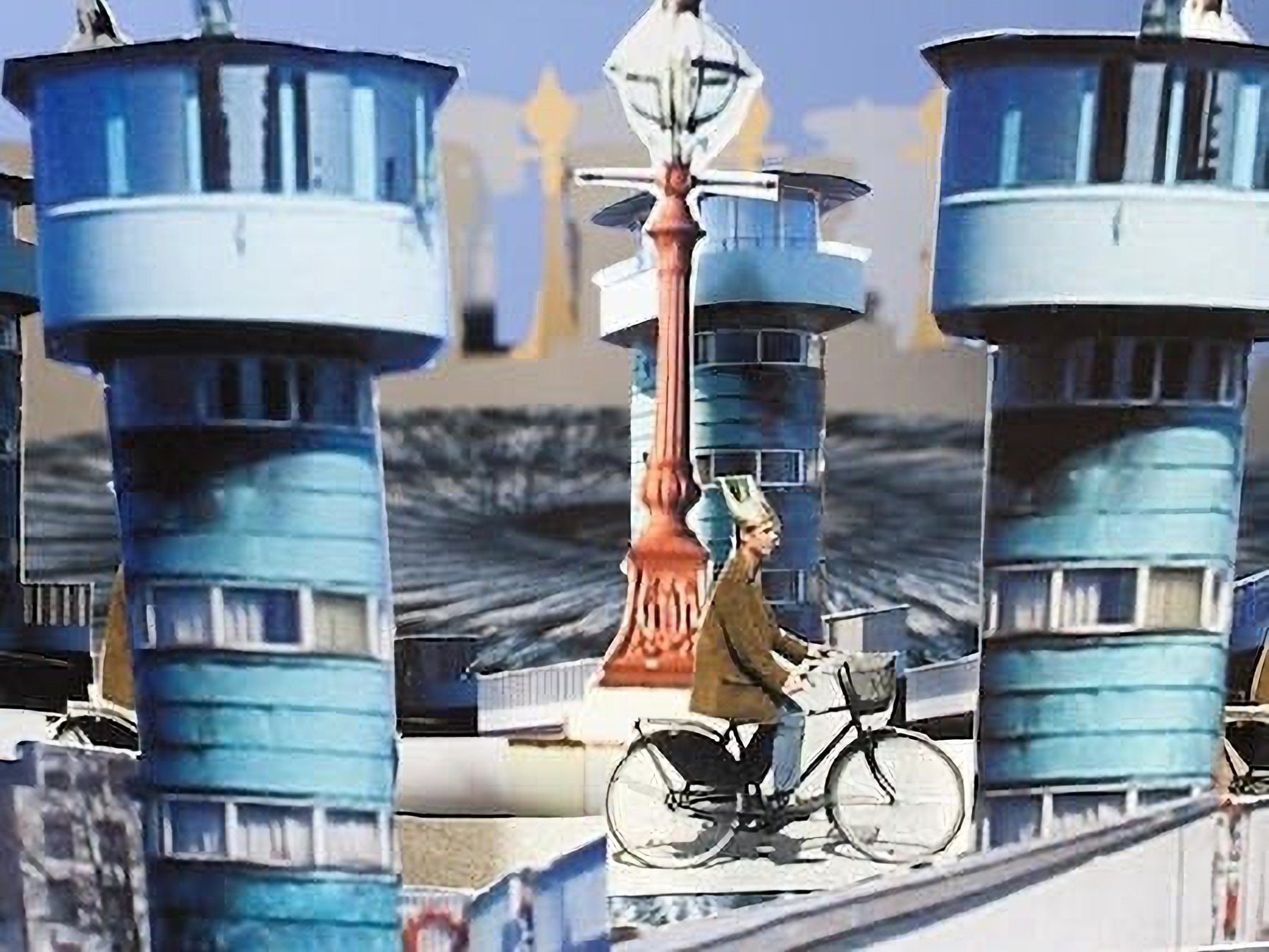Andrea Polywka
25 March 2021
Animation as (In)visible Labour - Production, Perception and Performances in King Kong (US 1933) and The Lion King (US 2019).
Abstract: This talk deals with the technological as well as aesthetic aspects of animation labour in the context of live action films. A look behind the scenes of classics such as King Kong (US 1933) or more recent productions like The Lion King (US 2019) offers some insights regarding the status of the animated film (or especially the animated character in a live action environment), animating as a craft, as well as the function of animation technologies in contemporary film culture.
Bio: Andrea Polywka is a PhD candidate at the Philipps-Universität Marburg and was part of the research training group "Configurations of Film" at the Goethe University Frankfurt. Her dissertation project deals with the status of the hybrid moving image in contemporary mainstream cinema as well as discourses around animation techniques and special effects. She addresses the strict and problematic dichotomy of categories for such films, preventing a broader consideration of their complex medial composition and history. Besides the discussion of existing conceptual models on hybridity, and realism, she also explores other alternatives for theorizing, ordering, and historicizing these objects of film and media culture.
Max Hattler
14 April 2021
Expanding Animation.
Abstract: In this presentation Max Hattler gives an insight into his experimental and expanded animation practice and research focused around visual music, expanded stereoscopy, and the narrative potential of abstraction in animation.
Through a discussion of early works like the War on Terror-abstraction Collision(2005), recent Hong Kong-made films Divisional Articulations (2017) and Serial Parallels (2019), and the immersive stereoscopic installation Vœrtex (2020), Hattler draws out some of the ways in which animation can navigate and probe the complex relationships between art and technology, sound and image, movement and meaning, and abstraction and figuration.
Bio: Max Hattler is an artist, researcher, curator and educator who works with abstract and experimental animation, video installation and audiovisual performance. After studying in London at Goldsmiths and the Royal College of Art, he completed a Doctorate in Fine Art at the University of East London in 2014. He is currently an Associate Professor in the School of Creative Media, City University of Hong Kong.
His films have screened in festivals and exhibitions worldwide, receiving prizes from Annecy Animation Festival, Prix Ars Electronica, Punto y Raya Festival, London International Animation Festival and the Visual Music Awards, among many others. He has spoken widely at conferences such as CONFIA, the Society for Animation Studies Conference, Animafest Scanner, Ars Electronica, and the Annual China Animation Studies Conference in Chengdu. In 2017 Max established Relentless Melt, a society which regularly presents screenings of Hong Kong animation, most recently at New Media Society Tehran and London International Animation Festival.
He serves on the board of directors of the iotaCenter, the programming committee of the Seeing Sound symposium and the editorial boards of Animation: An Interdisciplinary Journal and Animation Practice, Process & Production.
Anitha Balachandran
30 April 2021
Godly Bodies and Modern Mythologies: Animated preoccupations from India
Abstract: Anitha Balachandran explores the enduring popularity of Hindu mythological characters and themes in animation from India.
Reflecting on indigenous visual practices, transnational influences, contemporary politics and desires, this talk contextualises animated myths within a larger theoretical and historical framework to examine the forces and passions that underlie their creation. Just why are they so popular? Who are their protagonists? What do they tell us about our present and our pasts? How do India's myriad demotic traditions of visual representation and its pervasive live-action industry influence animated imagery?
This talk examines these and other intriguing phenomena, analysing a rich variety of imagery from indigenous paintings, miniatures, comics and cinema to uncover an evolving genre of animated myths.
Bio: Anitha Balachandran is an animation filmmaker and senior lecturer at the Srishti Manipal Institute of Art, Design and Technology in Bangalore, India. Her work explores oral histories, poetry and song as ways of retelling the past, and she has been commissioned to create films for museums, historical monuments and heritage sites across India.
Anitha's research focuses on representation and identity in South Asian animation and illustration. Her practice and research have been supported by numerous awards including an INLAKS foundation scholarship, fellowships from the India Foundation for the Arts, The J .Paul Getty Trust and the Rado Foundation, as well as grants from Pro-Helvetia the Swiss Arts Council, the Society for Animation Studies and the Helen Hamlyn Trust.
She has published academic articles and teaches related courses at the post-graduate level. Anitha is a graduate of the National Institute of Design, Ahmedabad, and completed her MA at the Royal College of Art.
Ruth Hayes
11 May 2021
Animation in the Interdisciplinary Curriculum: Approaches to Integrating Animation and Marine Biology
Abstract: In this presentation for the Animation Research Group, Ruth Hayes discusses how Animation, as a highly interdisciplinary art form, can play a central role in interdisciplinary education.
This talk will discuss the skills, practices and modes of thinking that animation and marine biology share, and describe themes and strategies used to integrate these two disciplines. The interdisciplinary pedagogy and curricular structures of The Evergreen State College, a public, liberal arts college in Washington State, provide context for this talk. Examples from the syllabi and resulting student work show how teaching animation in conjunction with the biological sciences can lead students to integrative, synthetic thinking and creative growth.
Bio: Ruth Hayes is an artist and experimental animator on faculty of The Evergreen State College, where she teaches animation theory and practice in broadly interdisciplinary contexts. Her creative research involves animated experiments in film, video and digital media as well as flip-books and other pre-cinema formats. You can see example of Ruth's work on Vimeo and her website.
Eric Dyer
25 May 2021
Material Motion: the Art and Films of Eric Dyer
Abstract: Eric Dyer’s inspiring work challenges us to rethink what animation is and how it can engage people. Animation is still a young art form with many underexplored avenues of expression. Although the lay-person’s view of animation is still predominantly as entertainment for cinema and television, it can also be used for participatory sculpture, immersive kinetic environments, live performance and other experiences of exploration and discovery.
Dyer draws on all of this and more through works based on one of the keystones of animation – the zoetrope, or ‘wheel of life’. Following a presentation of his artworks and films, Dyer will participate in a discussion and answer questions.
Bio: Eric Dyer is an artist who brings animation into the physical world with his sequential images, sculptures, installations, and performances. Beginning with his pioneering films Copenhagen Cycles (2006) and The Bellows March (2009), which were made by shooting spinning cut-paper and 3D-printed sculptures, Dyer continues to reinvent Victorian Era optical devices, exploring topics related to media history, our relationship with technology, kinetics as a form of artistic expression, and the relevance of physical presence in an increasingly digital world.
His work has been widely exhibited at events and venues such as the Smithsonian National Gallery of Art, Ars Electronica, international animation festivals in numerous countries, the screens of Times Square, and the Cairo and Venice Biennales.
He has been honoured as a Fulbright Fellow, Sundance New Frontier Artist, Creative Capital Artist, and Guggenheim Fellow. Dyer's fervent exploration of expression through motion has placed his work in books such as Re-imagining Animation: the Changing Face of the Moving Image, the American Film Institute reader Pervasive Animation, Animation: A World History, A New History of Animation, and The Crafty Animator: Handmade, Craft-based Animation and Cultural Value.
He has been a visiting artist at institutions such as Carnegie Mellon University, ECNU in Shanghai, and CalArts. Dyer teaches visual arts and animation at UMBC in Baltimore (USA) and is represented by the Ronald Feldman Gallery in New York City. He taught his methods at Arts University Bournemouth during a Spring 2022 Leverhulme Trust Visiting Professorship.

